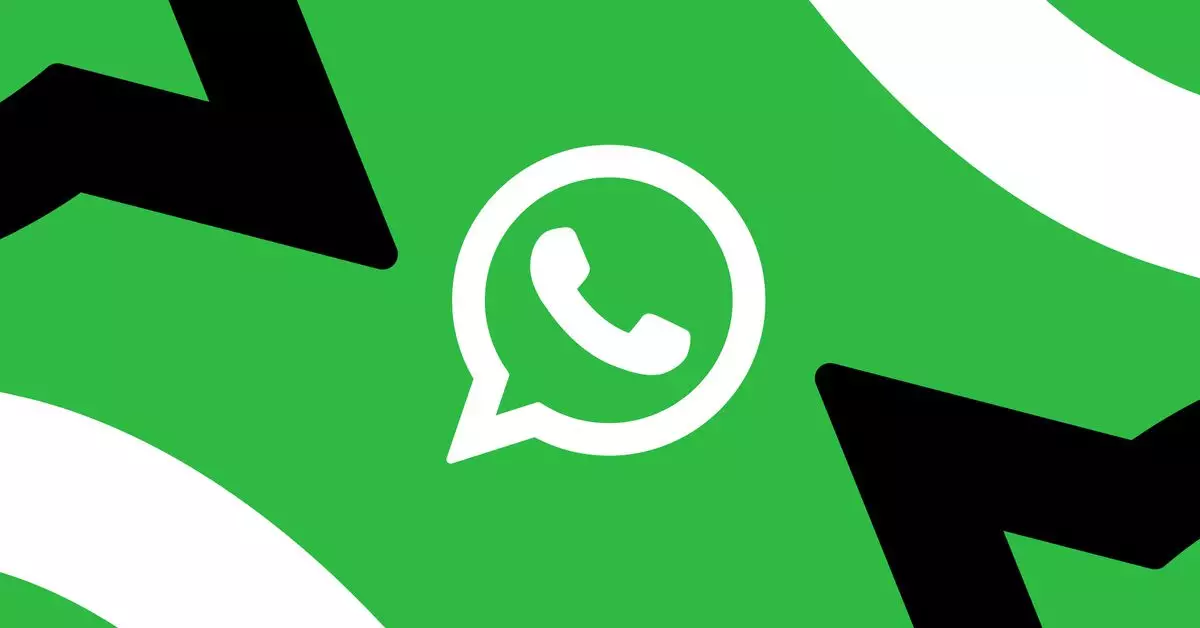Recently, Meta unveiled its plans for third-party chats in WhatsApp and Messenger for users in the European Union. This move introduces new options for users to combine Messenger and WhatsApp messages with third-party chats or keep them separate. Additionally, Meta will be adding new notifications to alert users when they can link chats from newly supported apps.
Meta is focusing on enhancing the messaging experience by offering rich features such as reactions, direct replies, typing indicators, and read receipts. These features will provide users with more interactive and engaging ways to communicate within the platforms. Moreover, starting next year, users will have the option to create groups with other people in third-party chats, further expanding the social aspect of messaging.
Meta’s vision for interoperability extends beyond messaging to include support for third-party video and voice calls by 2027. This strategic move aims to position Messenger and WhatsApp as versatile communication platforms that offer a wide range of features to users. By integrating video and voice calls from third-party apps, Meta is catering to the evolving communication needs of its user base.
As a “digital gatekeeper” under the EU’s Digital Markets Act, Meta is obligated to make WhatsApp and Messenger interoperable with third-party apps like iMessage, Telegram, Google Messages, and Signal. However, there are challenges ahead, as integrating with WhatsApp and Messenger will require third-party apps to adhere to the Signal Protocol to ensure message privacy. Meta has made assurances to provide the Signal Protocol to partners upon request, but this requirement may pose obstacles for potential integration efforts.
Meta’s unveiling of its plans for third-party chats in WhatsApp and Messenger signifies a significant step towards enhancing interoperability and expanding communication capabilities within its platforms. By introducing new features, notifications, and support for video and voice calls from third-party apps, Meta is positioning itself as a leader in the digital communication space. While there are challenges to overcome in terms of regulatory compliance and data privacy, Meta’s commitment to providing a seamless and enriched messaging experience for users is evident in its strategic roadmap for the future.

